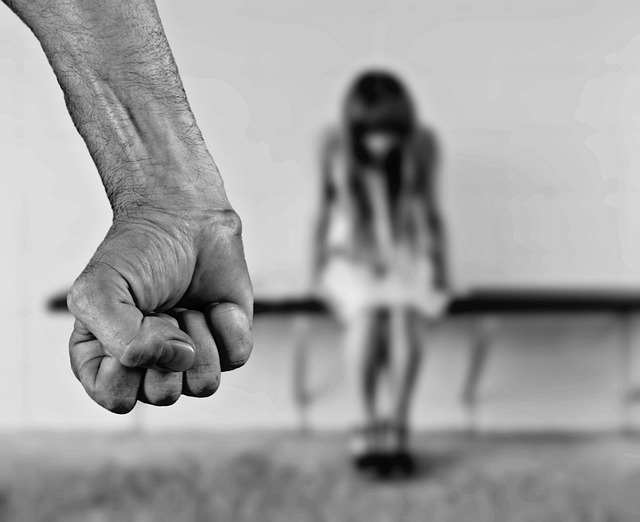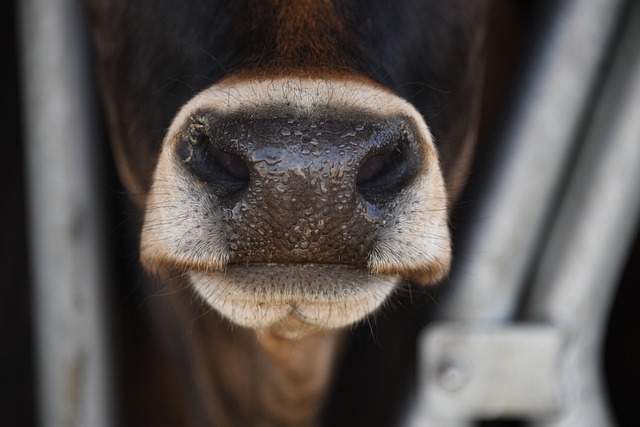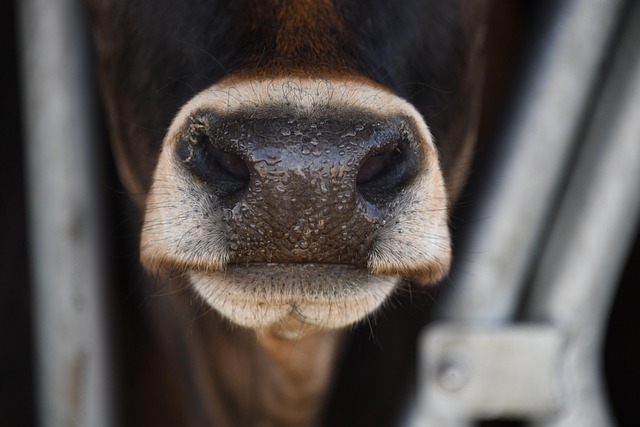Masters Ranch Abuse reveals a culture of normalized violence and misconduct within its walls, with survivors sharing stories of trauma and systemic failures in oversight. The consequences scar survivors' lives, emphasizing the need for accountability, transparent policies, and legal action to prevent future abuse and support healing. Collective action is vital to deterring further atrocities and ensuring Masters Ranch faces consequences.
In recent years, the dark history of Masters Ranch has come to light, exposing a disturbing pattern of abuse. This article delves into the complex web of exploitation that has left an indelible mark on many. By unearthing the past, we aim to amplify the voices of victims and explore the necessary steps to hold Masters Ranch accountable—from legal actions to societal changes. It’s time to address this enigma head-on and ensure justice for all affected.
- Uncovering Masters Ranch's History of Abuse
- The Impact: Victims Share Their Stories
- Holding Masters Ranch to Account: Legal and Social Steps
Uncovering Masters Ranch's History of Abuse

Unveiling the dark underbelly of Masters Ranch has been a long-overdue process, as numerous accounts and evidence point to a history of abuse within its confines. The ranch, once touted as a haven for holistic living, has been the center of controversy due to allegations of physical, emotional, and sexual misconduct against its leadership. Over the years, survivors have bravely shared their stories, detailing a culture that normalized violence and manipulation.
This hidden narrative of Masters Ranch Abuse reveals a systematic failure in oversight and accountability. As the community becomes more aware of these past traumas, there is an urgent need to address the root causes and ensure such atrocities never go unchallenged again. Holding the organization accountable is a crucial step towards healing for survivors and preventing potential future abuse.
The Impact: Victims Share Their Stories

The consequences of abuse at Masters Ranch have had a profound and lasting impact on the lives of those who endured it. Victims, now brave enough to speak out, are sharing their stories, shedding light on the dark secrets hidden within the walls of what was supposed to be a haven. These narratives highlight the physical, emotional, and psychological trauma suffered at the hands of those in power, leaving indelible scars that have affected their ability to trust, form relationships, and find peace.
Through their courage, these individuals are not only seeking justice but also hoping to prevent others from experiencing similar suffering. Their experiences serve as a stark reminder of the importance of accountability and the need for transparent policies and practices in institutions like Masters Ranch to ensure such abuse never goes unnoticed or unaddressed again.
Holding Masters Ranch to Account: Legal and Social Steps

Holding Masters Ranch accountable for abuse requires a multifaceted approach that intertwines legal and social strategies. The first step involves gathering robust evidence documenting the alleged maltreatment, which can include reports from former residents, medical records, and eyewitness accounts. This empirical foundation is crucial in establishing a strong case against Masters Ranch.
Once substantiated, these claims can be escalated through legal channels. Filing complaints with relevant regulatory bodies and initiating civil lawsuits are powerful mechanisms to force accountability. Public pressure and media exposure also play significant roles; sharing stories of abuse can raise awareness, garner support, and prompt social change. This collective action is essential in ensuring that Masters Ranch faces consequences for its actions and prevents similar incidents from occurring in the future.
In light of the revealed history of abuse at Masters Ranch and the profound impact on its victims, it’s imperative that we hold this institution accountable. By combining legal actions against those involved and fostering social awareness, we can ensure such atrocities are not repeated. It’s crucial to support survivors, amplify their stories, and work towards a future where every individual is protected from abuse, regardless of where they find themselves. Together, we can revolutionize the way we address and prevent Masters Ranch-like abuses, creating a safer world for all.
